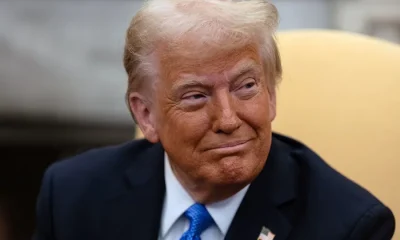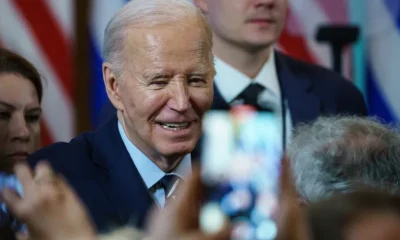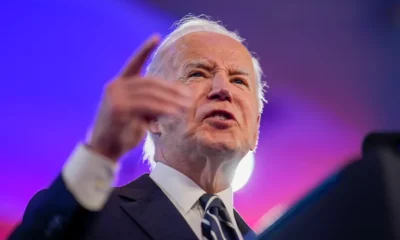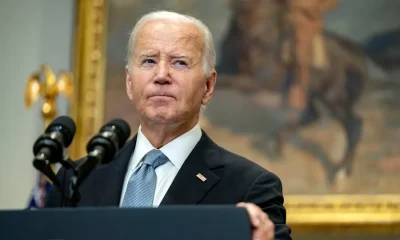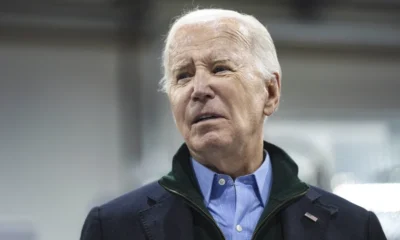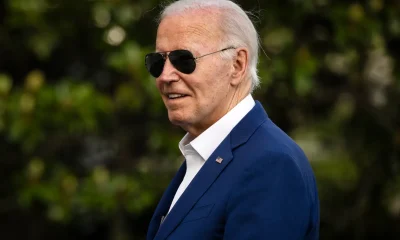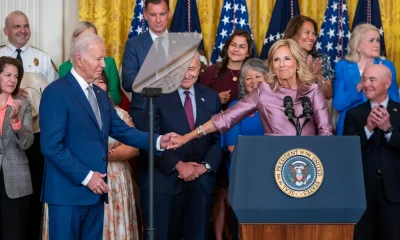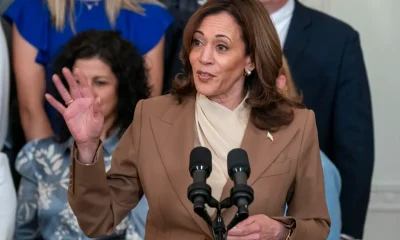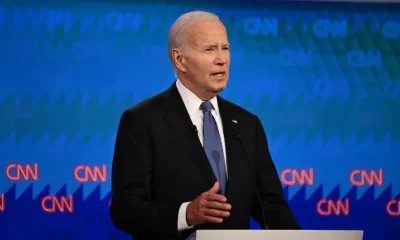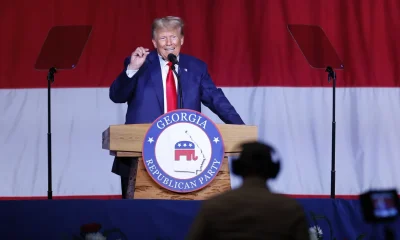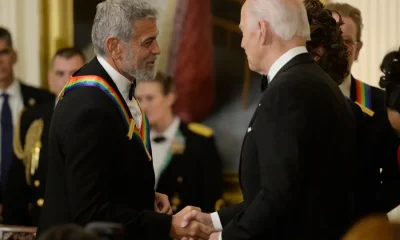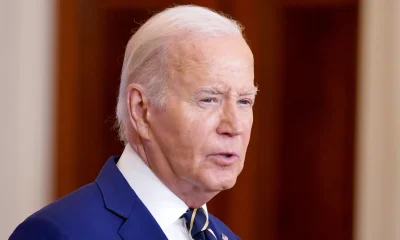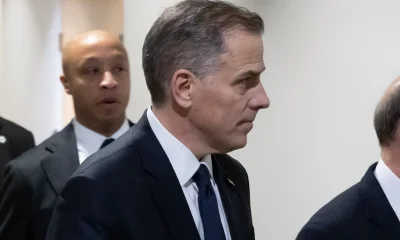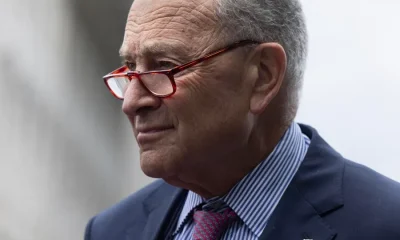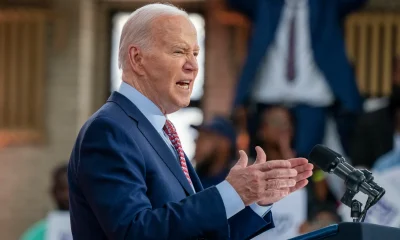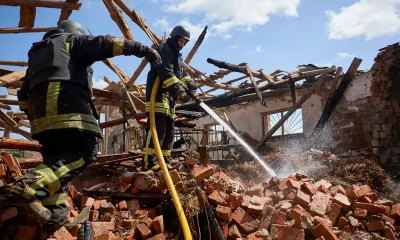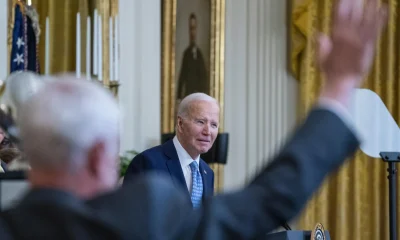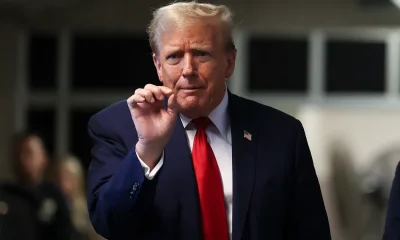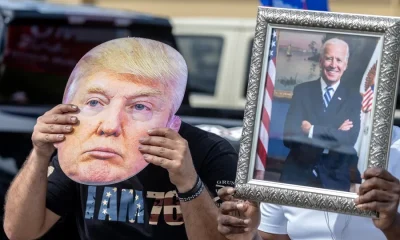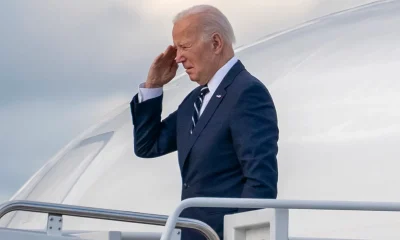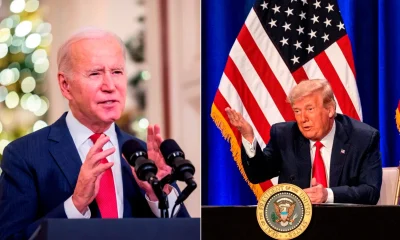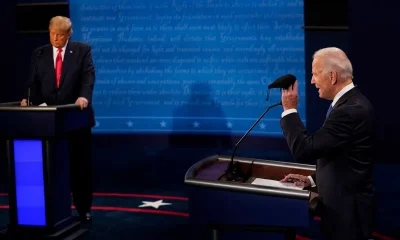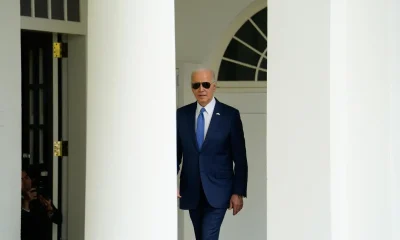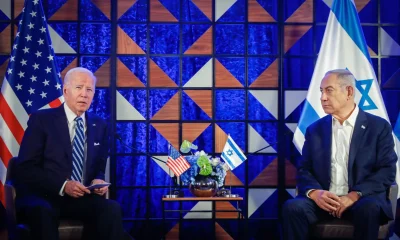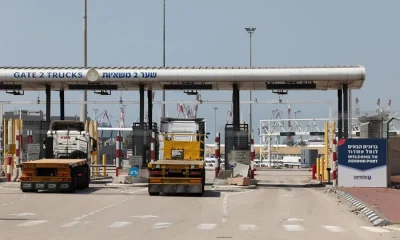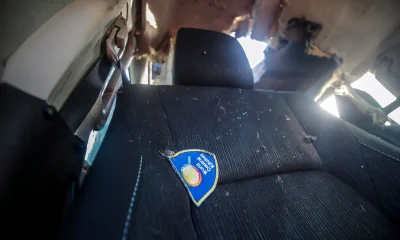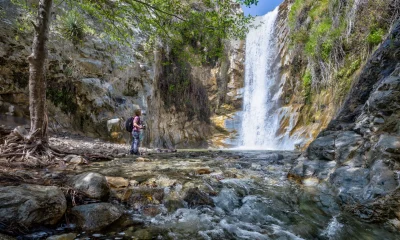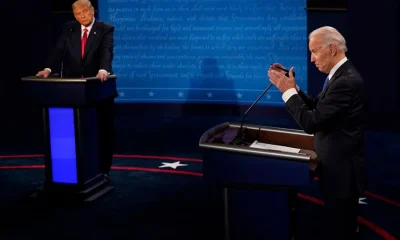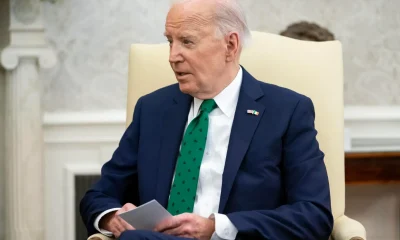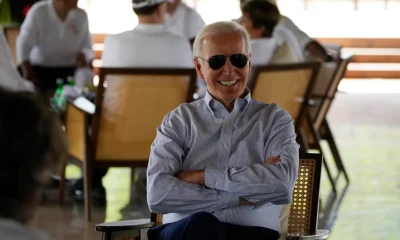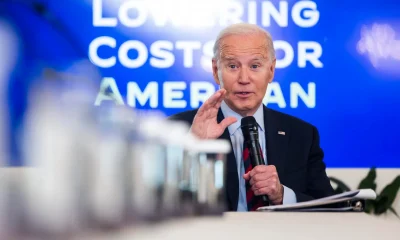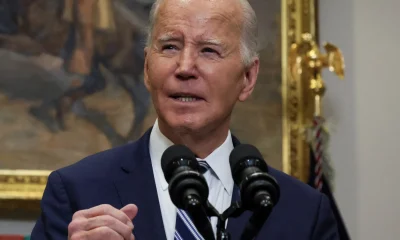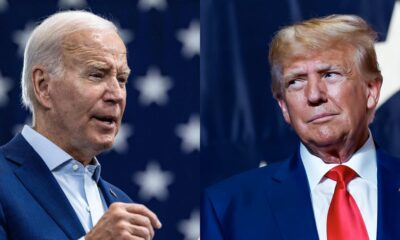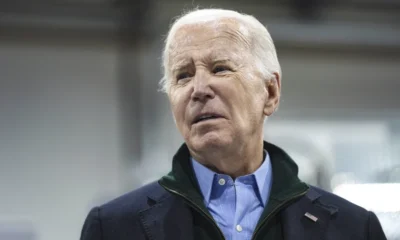International
Biden announces the biggest change in the military alliance with Japan in almost 65 years
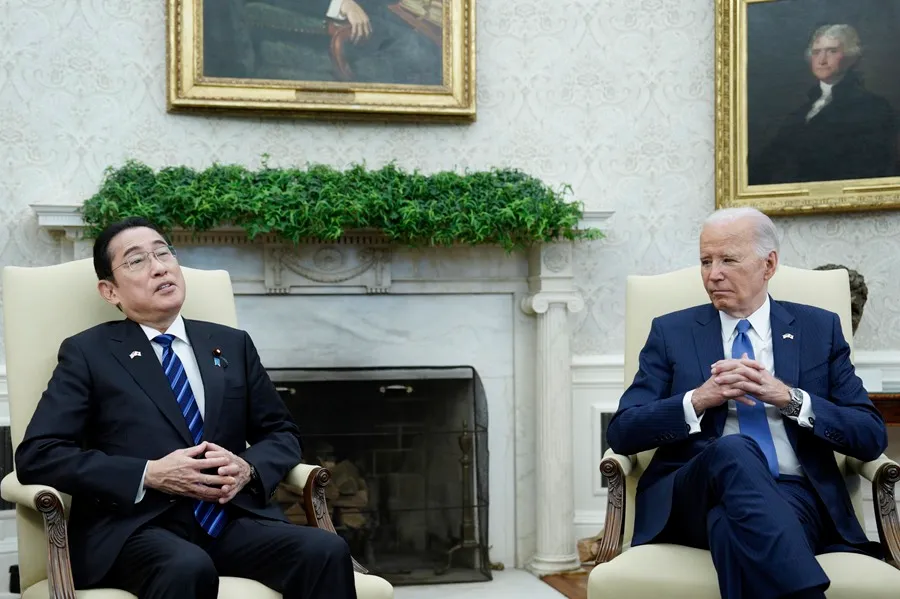
The President of the United States, Joe Biden, announced the restructuring of the US military command in Japan to facilitate coordination with the Japanese forces, in what is the biggest change in the defense alliance of both countries in almost 65 years.
“This is the most significant improvement in our alliance since it was established,” Biden said at the White House during a press conference with the Prime Minister of Japan, Fumio Kishida.
The restructuring of the US military command in Japan is the biggest update of the security alliance between Tokyo and Washington since it entered into force in 1960, and occurs at a time when both countries seek to cope with China’s boom.
The Prime Minister of Japan, Fumio Kishida, assured that security and defense collaboration with the United States is key to avoiding a situation in the future similar to Ukraine.
“Today is Ukraine and tomorrow it may be the Asia-Pacific area,” the Japanese Prime Minister said at a joint press conference with US President Joe Biden from the White House.
The President of the United States, Joe Biden, announced a strengthening of space collaboration with Japan for a Japanese astronaut to reach the Moon, whose soil so far only American astronauts have stepped on.
“We will improve our ties in science, technology and education so that Japanese astronauts can integrate into American space missions. And one of them will be the first non-American astronaut to step on the Moon,” he said.
Biden and Kishida, pledged to defend a “free and open” Indo-Pacific, alluding to the rise of China and its territorial claims in the South China Sea.
The leaders made these statements at the beginning of their meeting in the Oval Office of the White House.
Although they did not explicitly mention China, they made it clear that the strengthening of their alliance in military and technological matters has its sights set on the Asian giant.
Biden, the first to speak, spoke of the strength of the alliance between the two countries and said that they will talk about how to increase cooperation in defense and technology, among other areas.
“We will also analyze how we can continue to improve to ensure that the Indo-Pacific remains free, open and prosperous in the world,” Biden said.
Next, Kishida spoke of the “robust ties” of the alliance and the “friendship” that personally unites him with Biden.
He has met with him on numerous occasions and this Wednesday he was received at the White House with a state visit, an honor that Washington reserves for its closest allies.
“Japan and the United States are now at the forefront of maintaining and strengthening a free and open international order based on the rule of law,” said Kishida, who, as on other occasions, avoided mentioning China.
During the summit, Biden and Kishida plan to announce 70 defense cooperation agreements, including plans to restructure the US military command in Japan and facilitate cooperation with Japanese forces in the event of a crisis.
That change will be the biggest update of the security alliance between Japan and the United States since it came into force in 1960, and will take place at a time when Washington seeks to strengthen its alliances with other countries in the region to counter China.
The two leaders are also expected to announce agreements to allow further joint development of military and defense equipment, as well as plans for a joint space mission to reach the Moon and research projects in artificial intelligence, according to US officials.
After their meeting in the Oval Office, both leaders plan to hold a press conference.
International
Trump urges Putin to reach peace deal
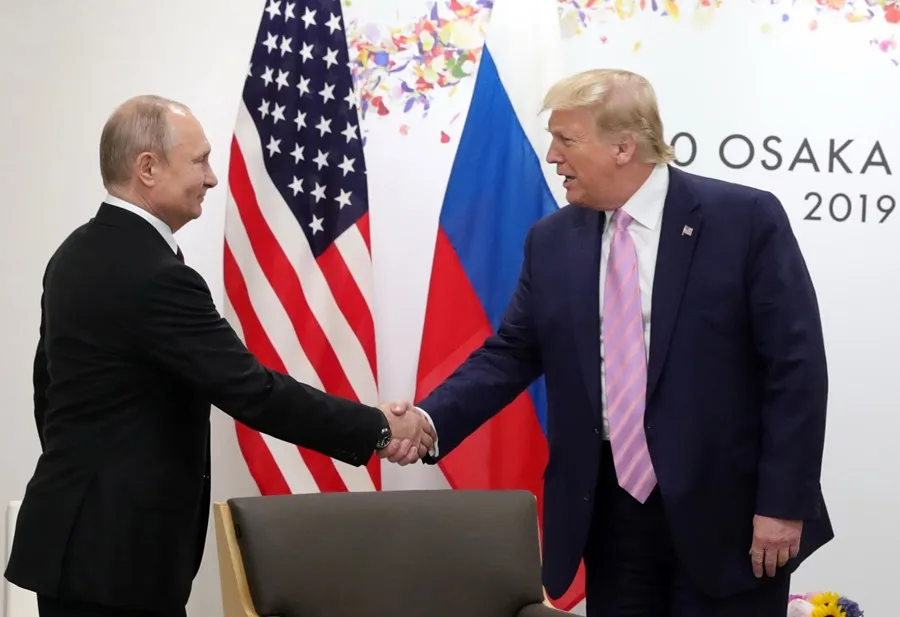
On Monday, U.S. President Donald Trump reiterated his desire for Russian President Vladimir Putin to “reach a deal” to end the war in Ukraine, while also reaffirming his willingness to impose sanctions on Russia.
“I want to see him reach an agreement to prevent Russian, Ukrainian, and other people from dying,” Trump stated during a press conference in the Oval Office at the White House.
“I think he will. I don’t want to have to impose secondary tariffs on Russian oil,” the Republican leader added, recalling that he had already taken similar measures against Venezuela by sanctioning buyers of the South American country’s crude oil.
Trump also reiterated his frustration over Ukraine’s resistance to an agreement that would allow the United States to exploit natural resources in the country—a condition he set in negotiations to end the war.
International
Deportation flight lands in Venezuela; government denies criminal gang links

A flight carrying 175 Venezuelan migrants deported from the United States arrived in Caracas on Sunday. This marks the third group to return since repatriation flights resumed a week ago, and among them is an alleged member of a criminal organization, according to Venezuelan authorities.
Unlike previous flights operated by the Venezuelan state airline Conviasa, this time, an aircraft from the U.S. airline Eastern landed at Maiquetía Airport, on the outskirts of Caracas, shortly after 2:00 p.m. with the deportees.
Interior Minister Diosdado Cabello, who welcomed the returnees at the airport, stated that the 175 repatriated individuals were coming back “after being subjected, like all Venezuelans, to persecution” and dismissed claims that they belonged to the criminal organization El Tren de Aragua.
However, Cabello confirmed that “for the first time in these flights we have been carrying out, someone of significance wanted by Venezuelan justice has arrived, and he is not from El Tren de Aragua.” Instead, he belongs to a gang operating in the state of Trujillo. The minister did not disclose the individual’s identity or provide details on where he would be taken.
International
Son of journalist José Rubén Zamora condemns father’s return to prison as “illegal”
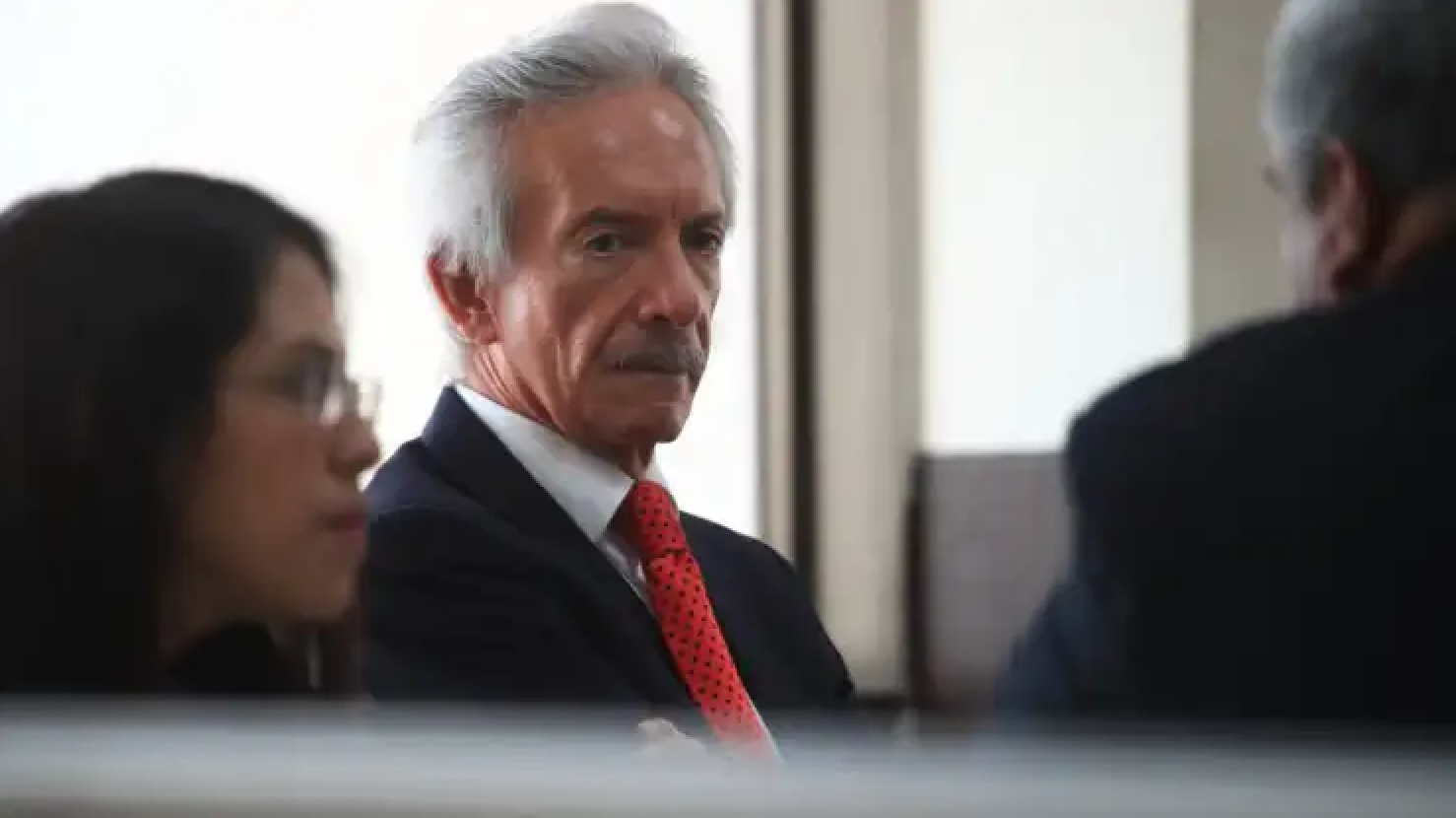
The son of renowned journalist José Rubén Zamora Marroquín, José Carlos Zamora, has denounced as “illegal” the court order that sent his father back to a Guatemalan prison on March 3, after already spending 819 days behind barsover a highly irregular money laundering case.
“My father’s return to prison was based on an arbitrary and illegal ruling. It is also alarming that the judge who had granted him house arrest received threats,” José Carlos Zamora told EFE in an interview on Saturday.
The 67-year-old journalist was sent back to prison inside the Mariscal Zavala military barracks on March 3, when Judge Erick García upheld a Court of Appeals ruling that overturned the house arrest granted to him in October. Zamora had already spent 819 days in prison over an alleged money laundering case.
His son condemned the situation as “unacceptable”, stating that the judge handling the case “cannot do his job in accordance with the law due to threats against his life.”
-

 International3 days ago
International3 days agoSon of journalist José Rubén Zamora condemns father’s return to prison as “illegal”
-

 International3 days ago
International3 days agoMiyazaki’s style goes viral with AI but at what cost?
-

 International1 day ago
International1 day agoTrump urges Putin to reach peace deal
-

 Central America2 days ago
Central America2 days agoPanama police clarifies that Interpol alert for Martinelli is still pending
-

 Central America1 day ago
Central America1 day agoU.S. Homeland Security Secretary urges Mexico to strengthen Guatemala border
-

 International2 days ago
International2 days agoDeportation flight lands in Venezuela; government denies criminal gang links
-

 Central America1 day ago
Central America1 day agoPanama grants Martinelli 72-hour extension to travel to Nicaragua
-
Central America4 days ago
Nicaragua revokes legal status of 10 more NGOs, bringing total to over 5,600














